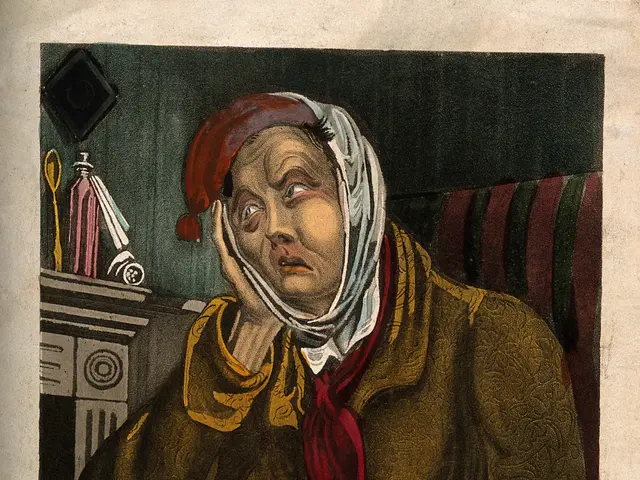Are judges showing excessively light sentences for rape cases?
Rape Verdicts Stir Outrage: Unequal Penalties Spark Questions Over Justice
05:00 AM, May 28, 2025
In recent weeks, controversial verdicts in rape cases have sparked outrage across Europe. A professional firefighter in Munich receives a suspended sentence after a rape conviction. A gynecology student in Belgium escapes with a damages payment. These judgments lead to the question, "Shouldn't rape always lead to heavier penalties?"
In a statement, Johanna Wiest, an expert on domestic and sexualized violence at the human rights organization Terre des Femmes, comments, "Such judgments make you question." Wiest's comments echo the findings of an investigation in 2024, which showed that judges do not fully utilize the available legal penalty range for sexual offenses.
According to Wiest, many victims of rape feel unheard and powerless, with only 10 to 15 percent of rapes even reported. She stresses that this is far from ideal, stating, "One in a hundred rapes in Germany should not result in a conviction."
Judges have a broad discretionary power when it comes to determining penalties for rape. Pia Pielhau from Leibniz University Hannover's Faculty of Law explains, "Characteristics of the offender play a role in the penalty determination." These can include remorse, confession, professional prospects, and previous record.
However, the vagueness of these guidelines has led to criticism and concerns about double standards and the potential erosion of trust in the justice system. As Pielhau admits, "It is hard to justify in society that career or perhaps origin might have a mitigating effect."
Women's rights organizations demand that judges be obligated to educate themselves about sexualized violence and its consequences. Furthermore, they advocate for the full exploitation of the possible penalty range for rapes as a deterrent for potential perpetrators.
Katharina Göpner, Co-Managing Director of the Federal Association of Women's Counseling Centers and Women's Emergency Numbers, highlights the lack of knowledge about sexualized violence and its consequences among judges. She notes that victims often feel unbelieved or blamed, exacerbating their trauma.
In Germany, applications for the "Sexual Misconduct Fund" can only be submitted until August 31st of this year. However, other help is rarely reaching victims of abuse. Women's rights organizations continue to call for changes to address these issues and ensure more equitable justice in rape cases.
Source: AKTUELLThe News Radio28th May 2025 | 06:00 AM
- The recent rape verdicts in Europe, including a suspended sentence for a firefighter and a damages payment for a gynecology student, have sparked outrage and questions about the justice system, particularly in regard to women's health and sexual health.
- Johanna Wiest, an expert on domestic and sexualized violence, emphasizes that many rape victims feel unheard and powerless due to the low reporting rates, with only 10 to 15 percent of rapes even reported, and calls for judges to be obligated to educate themselves about sexualized violence and its consequences.
- Critics argue that the vagueness of guidelines for penalty determination in rape cases leads to concerns about double standards and the potential erosion of trust in the justice system. Women's rights organizations advocate for the full exploitation of the possible penalty range for rapes as a deterrent for potential perpetrators and demand more equitable justice in rape cases.








